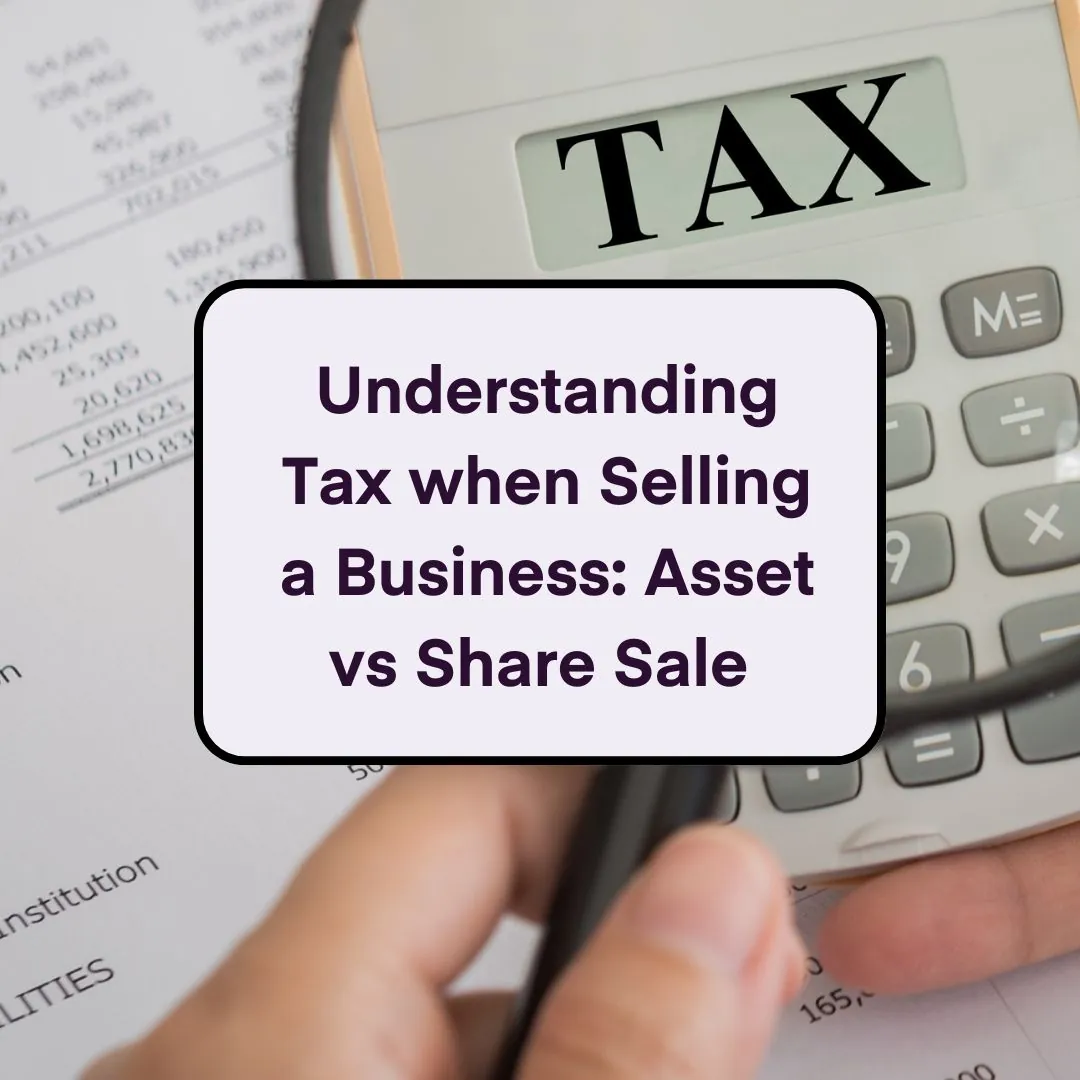
Electric company cars will be exempt from tax In 2020/21
4 Sep 2020Earlier this year, the Government revealed electric vehicles will be exempt from company car tax in the 2020/21 tax year. As a milestone decision, this is the first opportunity for company cars to be taxed at 0% as a benefit in kind (BIK), helping businesses make the transition to zero emission vehicles and a potentially emission-free future.
So, does it pay to go electric? Here’s everything UK businesses and the million or so company car users need to know about HMRC company car tax.
Looking at benefits in kind, company cars, and car allowances
BIK are extra benefits given to employees as benefits packages that aren’t included in salaries or wages. However, some of these benefits have wider tax implications for the company and employee, such as a company car – which has been a key role in employee benefits packages over the years.
Note: It’s important to consider your company’s specific circumstances to decide whether a company car or car allowance is the best option for your business and employees.
A car allowance can be more affordable for your company and allows a greater degree of flexibility and choice. However, this option tends to put an additional burden on the employee as they have to maintain the car and track business mileage.
Having a company car offers better security to the employee as they don’t need to worry about insurance, maintenance, and servicing costs. In this option, the employee is taxed on a theoretical value of the benefit, which is a blend of the list price of the vehicle, emissions of the car, and whether the employee pays for private fuel used or not.
According to data from HMRC in 2017, the number of employees paying company car tax reached a five-year high. With electric cars being exempt from this tax for 2020/21, this makes having a company car a much more tax efficient choice for employees than it has previously been.
Related: Benefit In Kind: When does a van become a company car?
Unsure if a company car or car allowance is the best option for your business? Contact our friendly team today on 0207 043 4000.
The benefits of electric company cars & company car tax bands
The Government has created two new BIK tables for drivers of company cars. One is for those driving a car that was registered as a company car after 6 April 2020, and the other is for those registered before 6 April 2020
No matter the registration date, pure electric cars with zero tailpipe emissions and certain plug-in hybrid cars will be taxed by the following BIK percentages (company car tax rates) for the next three tax years
-
0% during 2020/21
-
1% during 2021/22
-
2% during 2022/23
Note: To qualify with plug-in hybrid cars, the models need to emit less than 50 grams per kilometer of CO2, in addition to being able to travel 130 miles or more as a pure electric car. However, there are tax breaks for drivers of company cars with shorter electric ranges, but they aren’t as generous.
The 2020/21 tax year is the perfect time to register an electric company car. These new measures by the Government are aimed to encourage motorists to switch to green models and increase the use of electric cars among fleets, which account for nearly six in 10 new car registrations throughout the UK.
Related: Should you offer your employees a company car?
Growth in sales for electric cars
In the past year, sales of electric cars have doubled in the UK, rising from about 9,000 in August 2018 to 17,393 in August 2019. This growth is likely to continue as more people try to move away from fossil fuels, which is being incentivised by the Government. Prices of electric cars are also expected to fall as the UK moves towards zero tailpipe carbon emissions.
The Tesla Model 3 has become especially popular as it has rapidly become the UK’s third most popular new car. It’s the most affordable electric car from Tesla, costing between £36,490 and £50,000. Deliveries of the car only started in late June 2019 across the UK. However, in August alone, new owners registered 2,082 of the Model 3 cars, according to data from the Society of Motor Manufacturers and Traders.
Opportunities for small businesses to go electric
Switching to electric company cars can bring many benefits, including less BIK tax for your employees. The savings are especially significant for company car drivers paying a higher rate of tax.
BIX tax is calculated by multiplying the P11D value, which is the list price, by the BIK percentage banding, then multiply that figure by the employee’s top rate of tax – 20%, 40%, 45%, or 60%. For example:
-
A Toyota Prius currently has a P11D value of £28k and a percentage charge of 17% for the 2019/20 tax year. This incurs a tax charge of £959 for a basic rate taxpayer per annum or £1,918 if you are a high rate taxpayer
-
On the other hand, a Range Rover, which has considerable CO2 emissions, has a percentage charge of 37% on a P11D value of £78k. This results in a BIK tax of £5,820 for a basic rate taxpayer per annum or nearly £1,000 per month for a high rate taxpayer
These examples illustrate the amount of money employees can save annually if their company car is electric. Providing attractive cost options for company car drivers, the new measure also benefits employees with the opportunity to acquire new, green, cost-efficient cars through the salary sacrifice car scheme.
Related: Growing your business: Putting your tax relief benefits to work
Balancing employee benefits and tax implicationsAt Accounts & Legal, we offer highly-qualified tax advice to help small businesses succeed.
If you’d like advice on car allowances or HMRC company car tax, call us on 0207 043 4000 or get an instant accounting quote in just five clicks.























